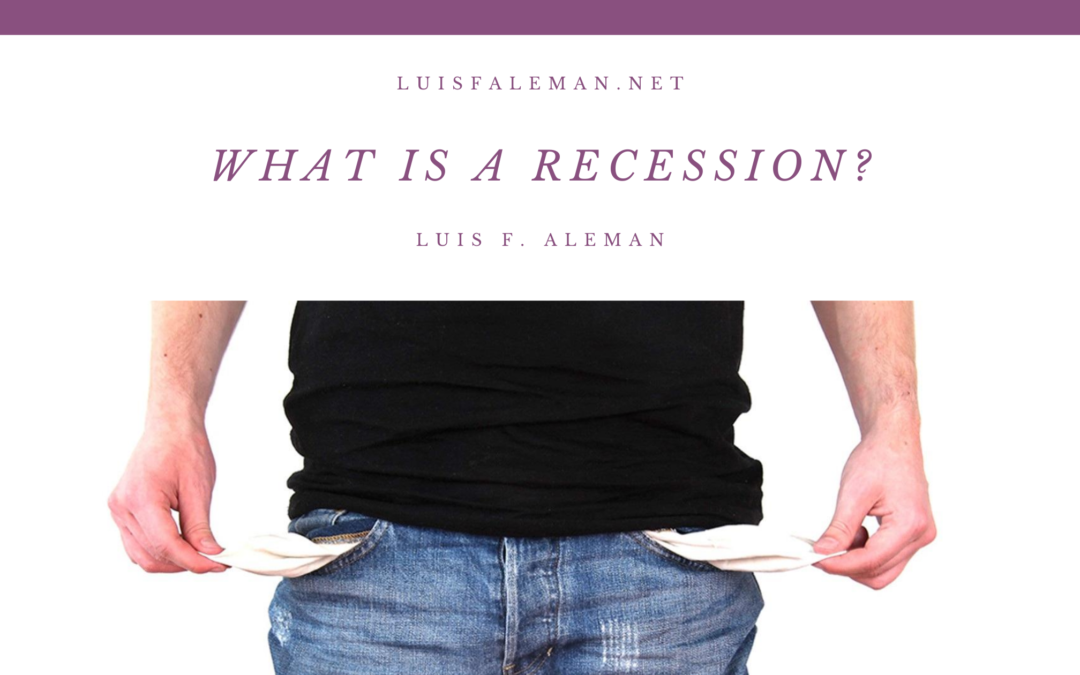With the world suddenly cast into the unknown, it’s no surprise that sudden disasters can cause global economies to fall into low levels of financial productivity. Be aware of the common signs of a recession so that you can come out of them at your best. People typically look at the potential impact of debt as a national indication that a recession is near. The collapse caused by the dot-com era showed how, at times, recessions are caused by exaggerated hopes in the business markets. Even inflation and deflation, when present at their extremes, can cause economic downturns. Economies that are forced to halt due to natural disasters like a pandemic are also laden with financial challenges that can disrupt normal life.
No economy is immune to the onset of a strong recession. Realize, however, that recessions and depressions are different in that one is inevitable. The other isn’t and is also much more extreme. From an economic view, recessions are compared to a day when few customers visit you. A depression, which is a severe recession, has conditions where no buyers even arrive for a time period extending past six months. Here are some key points that can help you to see the imminence of any recession ahead:
Economic Cycles—Economic progress is always followed by a time of low performance and recovery. The expected cycles of “boom and bust” are not only inevitable but are necessary as innovation rallies and then “regroups.”
Two Quarters at Least—Economists consider a recession as a period lasting roughly six months. Just be aware that economic data, as it’s released to the public, is presented via a delayed schedule. Try to anticipate the news of a recession ahead of time, for it’s often too late when most people find out about it.
Rising Unemployment—People who can’t find work are often victims of a poor economy where businesses, governments and entrepreneurs have no positions to fill. No matter what the specific cause of low unemployment is, any lack of money in people’s hands will negatively impact public businesses.
Lower Sales—The country’s gross domestic product is a recession indicator. Consumer spending makes up roughly 70% of the U.S. GDP. Failing businesses are a large factor behind the economic downturns of a recession.
